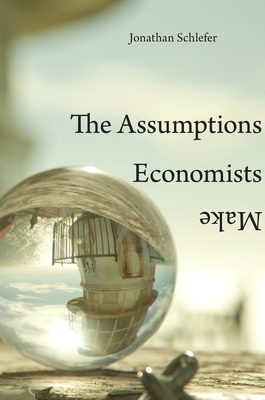Expedite your nonfiction book discovery process with Readara interviews, summaries and recommendations, Broaden your knowledge and gain insights from leading experts and scholars
In-depth, hour-long interviews with notable nonfiction authors, Gain new perspectives and ideas from the writer’s expertise and research, Valuable resource for readers and researchers
Optimize your book discovery process, Four-to eight-page summaries prepared by subject matter experts, Quickly review the book’s central messages and range of content
Books are handpicked covering a wide range of important categories and topics, Selected authors are subject experts, field professionals, or distinguished academics
Our editorial team includes books offering insights, unique views and researched-narratives in categories, Trade shows and book fairs, Book signings and in person author talks,Webinars and online events
Connect with editors and designers,Discover PR & marketing services providers, Source printers and related service providers

The Assumptions Economists Make
Business & Economics > Economics - Comparative
- Belknap Press
- Paperback
- 9780674975408
- 7.9 X 5 X 1.1 inches
- 0.85 pounds
- Business & Economics > Economics - Comparative
- (Single Author) Asian American
- English
Readara.com
Book Description
Economists make confident assertions in op-ed columns and on cable news--so why are their explanations often at odds with equally confident assertions from other economists? And why are all economic predictions so rarely borne out? Harnessing his frustration with these contradictions, Jonathan Schlefer set out to investigate how economists arrive at their opinions.
A lucid, plain-spoken account of the major economic models, which Schlefer] introduces in chronological order, creating a kind of intellectual history of macroeconomics. He explains what the models assume, what they actually demonstrate--and where they fall short.
--Binyamin Applebaum, New York Times blog
Fascinating... Schlefer's] book is a tough critique of economics, but a deeply informed and sympathetic one.
--Justin Fox, Harvard Business Review blog
This book is an impressive and informative analysis of the economics literature--and it presents some useful insights about how a more eclectic, catholic approach might allow economics to progress more convincingly into the future.
--Michelle Baddeley, Times Higher Education
The Assumptions Economists make is] a knowledgeable...broadside against neoclassical economics...Schlefer's gripes concern model-building run amok...His criticisms of these models are original and sophisticated.
--Christopher Caldwell, Literary Review
Author Bio
As editor-in-chief of MIT’s Technology Review, Jonathan Schlefer came to feel that when journalists write about political economy, they do a half-blind job of it. They do not see the intellectual terrain.
Dr Schlefer got a PhD in political science at MIT. After spending two years at the National University of Mexico, he published Palace Politics: How the Ruling Party Brought Crisis to Mexico in English and Spanish.
Now a researcher at Harvard Business School, he writes cases on political economy and an occasional blog for Harvard Business Review. He has contributed to The Atlantic and other publications.
Source: ExploringGeopolitics.org
Videos
No Videos
Community reviews
No Community reviews

